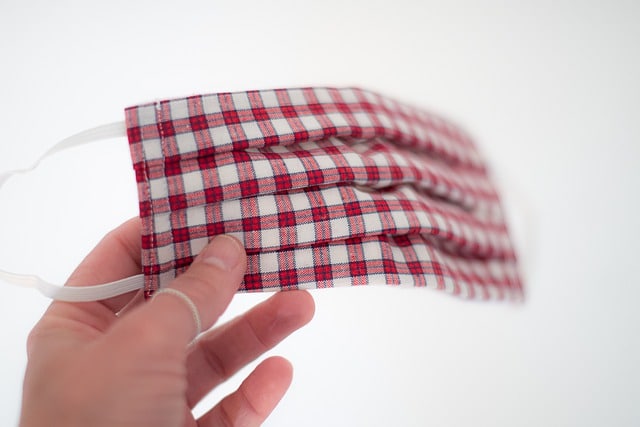
Honoring The CDC’s Request
Why do health experts recommend wearing face masks in public now? The Novel Coronavirus apparently can spread through airborne respiratory droplets. This virus proves highly infectious even before symptoms appear.
Someone who has just contracted the illness may feel well, yet may inadvertently transmit coronavirus to others readily. Patients residing in care settings remain vulnerable to catching this serious viral infection. By wearing face masks, visitors help reduce the chance of residents falling ill.
A Kind Gesture
The CDC in fact recommends everyone (with a few exceptions) wear face masks in public settings when around non-household members. Disposable paper masks remain in high demand for the use of full-time medical personnel. Consequently, most people in Georgia wear cloth face masks.
Who should not wear this attire? Three exceptions occur:
- Children under age 2;
- People with disorders making breathing difficult;
- Unconscious or incapacitated people, or anyone who lacks the physical ability to remove the face mask.
Wearing Face Masks Safely
Recently, Scientific American published an article to assist the public in using cloth face masks safely. It offers some simple guidelines:
- Always handle your face mask by the straps or the loops.
- Wash hands before putting on the mask and immediately after removing it.
- Fogging glasses mean the mask doesn’t fit the wearer properly.
- After putting on the mask and adjusting it, never touch the surface; consider that part of the mask dirty until laundered.
- Wear the mask only for a single use before cleaning it.
- After removing a face mask, place it in an enclosed container, e.g. a folded grocery sack. This prevents any airborne particles that landed on the exterior of the mask from contaminating the area.
- Face masks may be added to laundry loads for washing purposes right before the clothes go into the washing machine.
- You may also launder face masks by hand by soaking the mask in a bleach disinfecting solution for 5 minutes, then thoroughly rinsing it.

